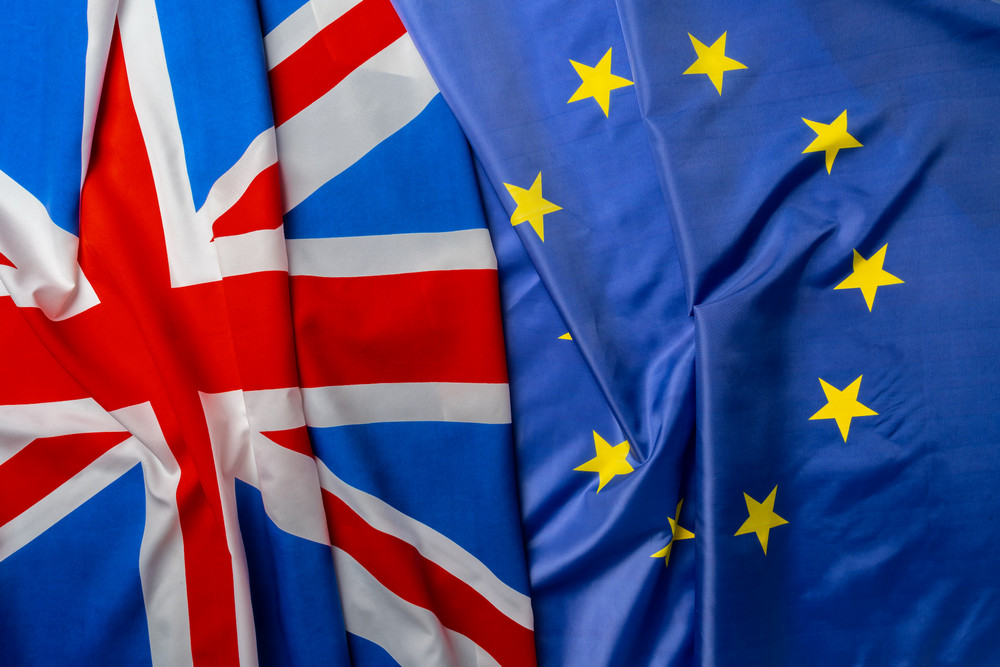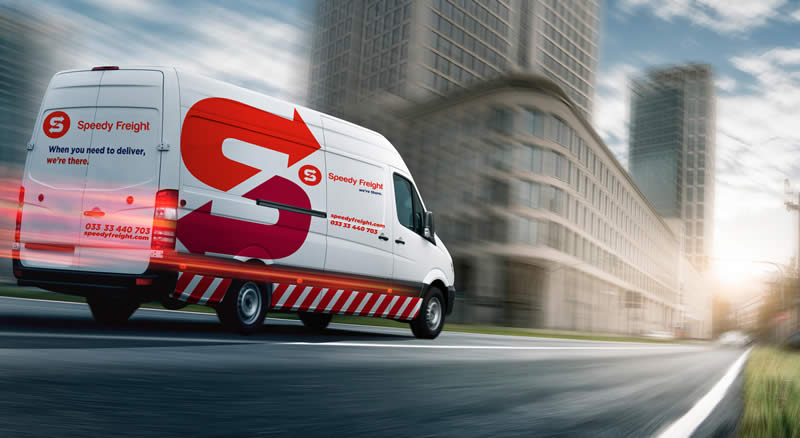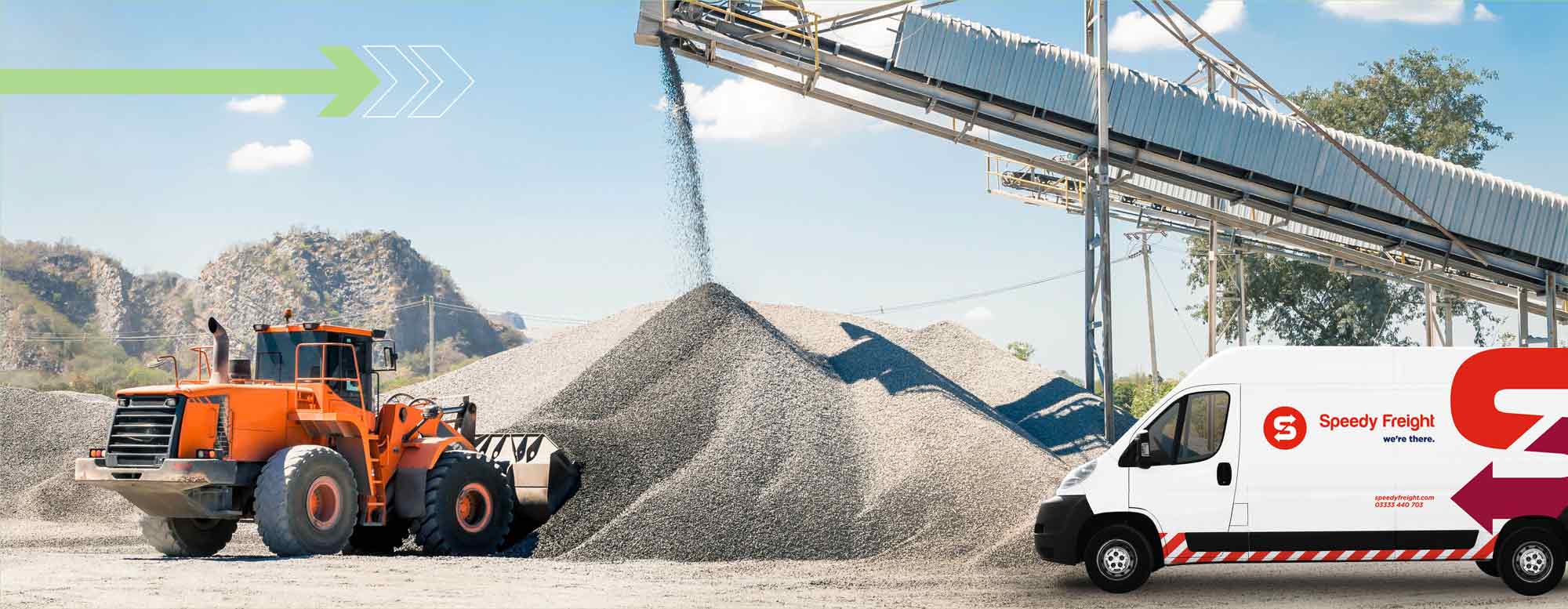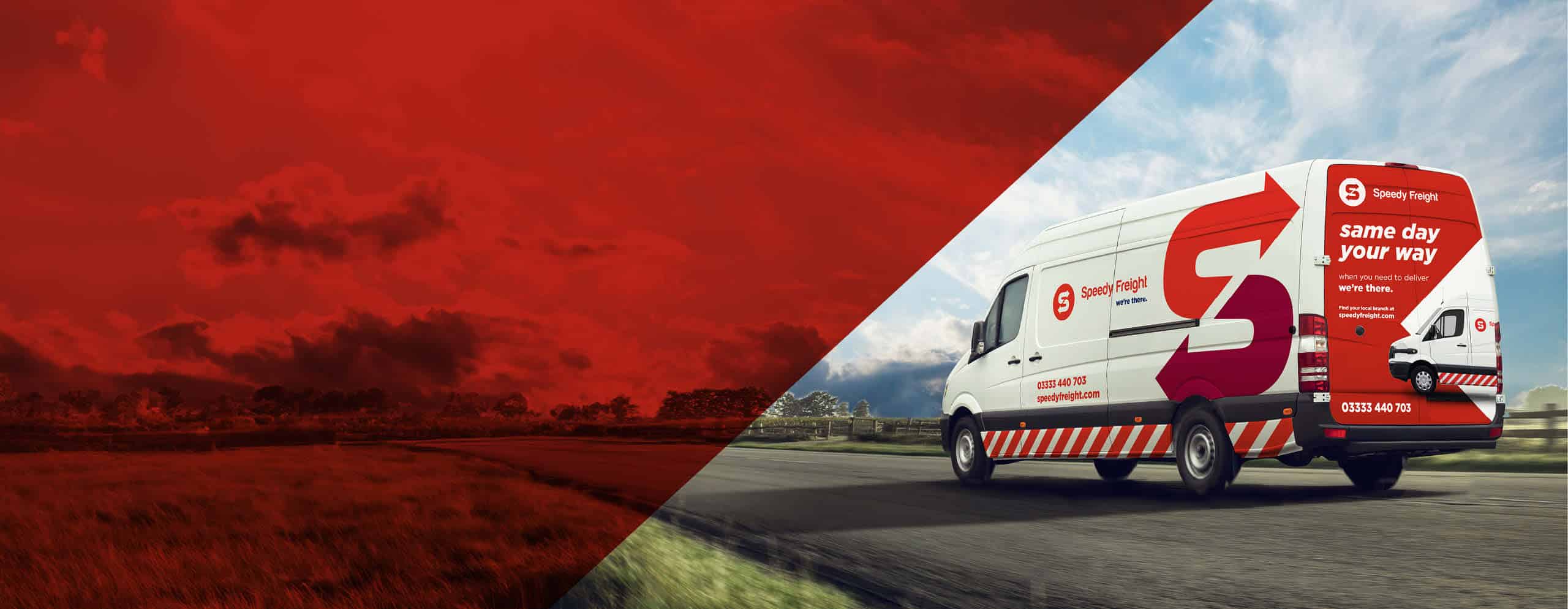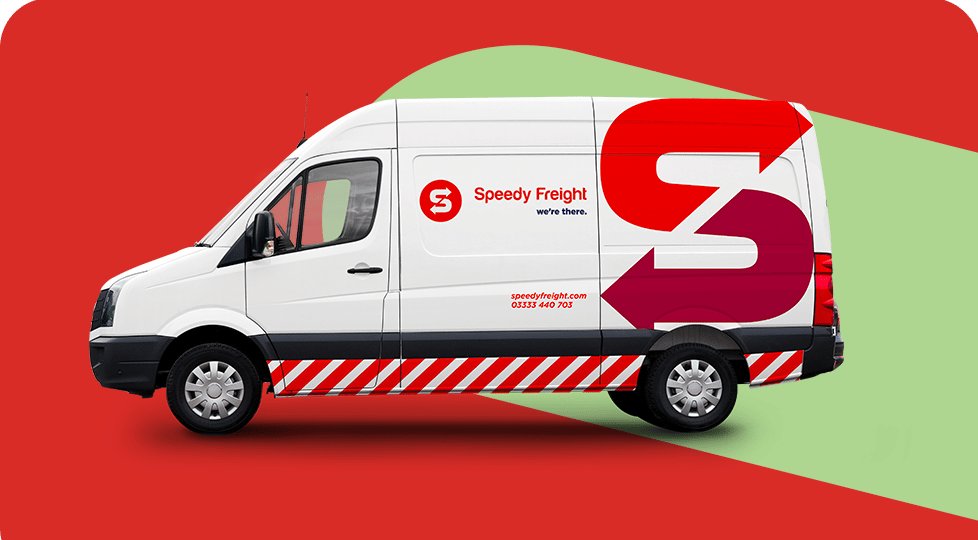Full customs controls introduced
You may be aware of a On the 1st of January 2022 full customs declarations and controls are due to be introduced as planned. This means that the option to delay customs declarations for up to 175 days, without an authorisation from HMRC, is ending on 31 December.
If you’re already making full import declarations, or if you’ve started submitting supplementary declarations, you are well prepared. Learn more about making a full import declaration.
If you have not made any declarations to HMRC for goods you’ve moved from the EU since January 2021, you really need to start preparing now for this change. Time is of the essence and poor preparation threatens to disrupt your supply chain.
Which trade rule changes have been delayed?
You may be aware of a postponement to certain customs rules being issued by the Government. The announcement primarily relates to agri-food imports, with all other rules remaining unaffected.
While the original introduction point for some has already passed, now is a good as time as ever to reiterate their importance and get them to the forefront of your planning.
If they are already in place, great; you're one step ahead! If not, take head of these important dates if relevant to you:
-
Pre-notification of agri-food imports
-
moved from 1st October 2021 to 1st January 2022
-
Export health certificates
-
moved from 1st October 2021 to 1st July 2022
-
Phytosanitary certificates/SPS goods checks
-
moved from 1st January 2022 to 1st July 2022
-
Safety and security import declarations
-
moved from 1st January 2022 to 1st July 2022
What to know when moving controlled goods or trading rest of the world goods.
Different rules apply to controlled goods, exports, rest of the world goods and the movement of goods into Northern Ireland. For help with moving goods to Northern Ireland, sign up to the free Trader Support Service for support.
Which Brexit Trade rules are changing?
The Brexit trade rule change likely to cause the most disruption is the cessation of goods being allows to enter the UK without customs paperwork being provided beforehand. From 1 January 2022, both customs declarations and all applicable tariffs will have to be in place upfront. On a similar note, the days of import VAT being paid at a later date is ending. This will need to be taken care of at the point of impact. There is a caveat, however, as VAT-registered business will still have the option of utilising VAT accounting to postpone payment. Lastly, expect a greater level of physical checking, extending beyond high risk live animals and plants.
If you are importing any non-controlled goods from EU free circulation to GB free circulation during 2021
EU free circulation goods have been produced/manufactured in the EU or have been declared to customs and customs duties paid. GB free circulation goods have been imported with the intention of paying the customs duties straight away. You cannot use delayed declarations if you are importing controlled goods or the goods are not going into free circulation.
You can choose to make a full declaration at the time the goods arrive into Great Britain (GB) or delay your declarations. If you choose to delay your declaration, you’ll need to enter the goods in your records (known as an entry in declarants’ records or EIDR) and then provide full details in a supplementary declaration. You need to do this no later than 175 calendar days after the goods are entered in your records or the date your goods arrived in GB whichever is sooner. For example, if you imported goods on 29 April 2021, you must submit your supplementary declaration before 21 October 2021.
To help you make your declarations on time you can use the personal supplementary declaration planner which sets out the key actions you or your customs intermediary need to take. It’s available to download here. If you have chosen to delay your declarations this means you will also delay paying any customs duty and import VAT (unless you are VAT registered). Find out more here.
 EN
EN




